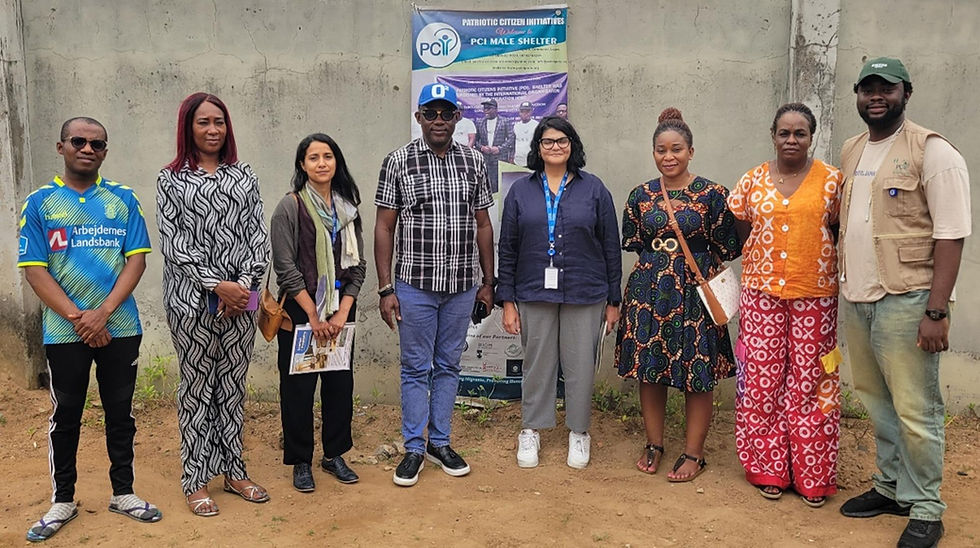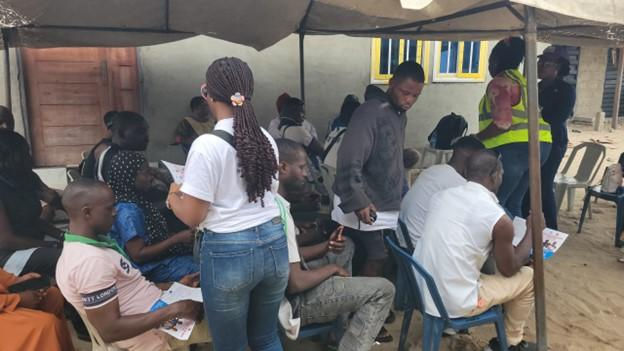The Complexities of Return Migration: A Focus on Nigeria and the EU
- Apr 20, 2025
- 2 min read
Updated: Aug 4, 2025
Understanding the EU's Approach to Return Migration
Return migration has become a significant policy focus globally, particularly within the European Union (EU). The EU's approach to return and readmission often reflects hegemonic tendencies. Its policies dominate the discourse, leaving Nigerian stakeholders to navigate an unequal landscape.
The Negotiation Challenge
Negotiations for a formal readmission agreement between the EU and Nigeria began in 2016 but have yet to reach a conclusion. This delay is partly due to Nigeria's concerns over remittances, which are vital to its economy. The potential socio-economic impact of returning migrants is also a significant concern. Remittances contribute significantly to Nigeria's GDP. Any policy perceived to threaten this flow is met with caution. Migration and Home Affairs
EU Incentives and Pressures
The EU has employed a mix of incentives and pressures to encourage cooperation on migration issues. These strategies include development aid, visa facilitation for skilled migrants, and support for reintegration programs. However, critics argue that these measures often serve EU interests more than those of the partner countries. This leads to concerns about sovereignty and the true benefits of such agreements.
The Socio-Economic Stakes for Nigeria
For Nigeria, the challenge lies in balancing the need to manage irregular migration with protecting its economic interests. The well-being of its citizens is paramount. A sustainable solution must prioritize both economic stability and human rights. A more equitable approach would involve the EU recognizing Nigeria's concerns. Collaborative efforts are essential to develop policies that are mutually beneficial.
Protecting Remittance Flows
Remittances play a crucial role in Nigeria’s economy. They provide financial support to families and contribute to community development. The policy implications on these flows need careful consideration. Nigeria must ensure that any agreements do not jeopardize the ability of its citizens to send money back home.
Key Considerations in Migration Management
In conclusion, while return and readmission are essential components of migration management, they must be approached with sensitivity to the complexities involved. An effective strategy recognizes the importance of remittances, the socio-economic climate, and the need for mutual respect.
Building a Partnership
A partnership based on mutual respect and understanding is crucial for effective and sustainable migration governance. Both the EU and Nigeria must engage in open dialogues to find common ground.
In the current climate, cooperation is necessary. The road ahead may be challenging, but a collaborative effort can create lasting solutions.
Looking Ahead
The future of migration policies between the EU and Nigeria relies on transparency and trust. Nigeria's perspective must be valued in negotiations. A balanced and fair approach will benefit both parties in the long run.
Sources
Zenodo: Framing return migration: EU-Nigeria return and readmission negotiations – https://zenodo.org/records/15222377
European Commission: EU Readmission Agreements – https://ec.europa.eu/home-affairs/policies/migration-and-asylum/return-and-readmission
Migration Policy Institute: The Role of Remittances in Nigeria's Economy – https://www.migrationpolicy.org
Deutsche Welle (DW): Why Nigeria resists EU migration deals – https://www.dw.com
IOM Nigeria: Reintegration Assistance Programs – https://nigeria.iom.int



